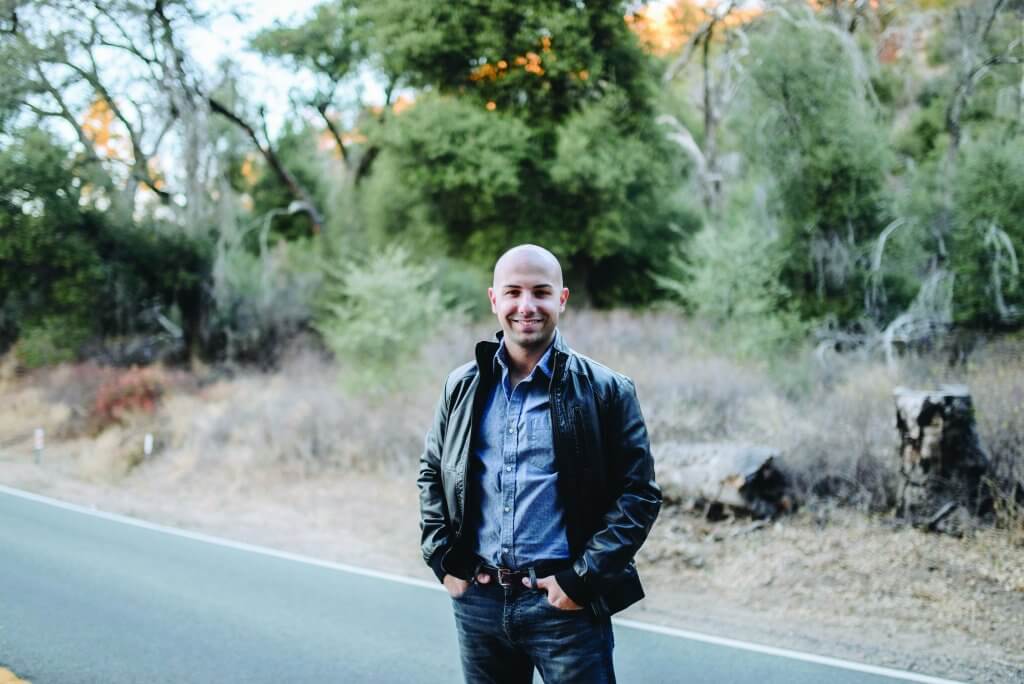Last month, many veteran entrepreneurs gathered in Orlando, Florida, for the annual Military Influencer Conference. The conference brings together business owners, bloggers, and PR companies who all have connections to the military. Many are veteran entrepreneurs who started their own business after their military service ended.
However, not all veterans wait until their service has ended before they start new careers. An increasing number of service members are finding ways to establish a new company while they are still serving in uniform. We interviewed several inspiring veteran entrepreneurs to learn how they made time for the ‘side hustle’ of starting a business while fulfilling their military service requirements.
How do you balance military life with the demands of starting a company?
Most of these veterans struggled to balance a company while serving in the military. Active duty veterans insist that military service must be a priority over any business venture. Reservists or National Guard members may have more time to dedicate to a business, but they still must drop everything during deployments or military training. That’s why Ryan Guina advises, “I recommend all small business owners serving in the military find ways to allow your business to continue if you are called away for duty and have minimal access to your business.” Whether that means establishing concrete practices, streamlining processes, or hiring additional help depends on the nature of the business.
Some veterans say that they were only able to start a new business due to sheer grit and determination. Whether they did most work at night, on weekends, or in any spare moment, they balanced crazy schedules and worked odd hours to establish their dreams.
Markian Sich called his daily commute an “automobile university” because he used the time in the car to listen to podcasts and learn new skills from industry leaders.
Dr. Alba said she was able to establish her business due to support from her military leadership and her new professional network.
Do active duty, veterans make good business partners?
Many veterans choose other military personnel to be their business partners. Even though it can make work schedules more complicated, most of the vetrepreneurs we interviewed preferred the work ethic, motivation, and experience found in the military community.
Johnny Cruz Buckingham explained that it helps a lot, “working with people who are in the community and know exactly what our target market is because they’ve been part of it and have friends currently in it.”
Ryan Guina added that even military jobs in specific or technical fields can help make veterans successful because, “many military jobs require advanced troubleshooting and problem-solving, which are valuable skills every entrepreneur needs.”
What advice would you offer other veterans seeking to start a business?
The veteran responses here are mixed. Dr. Alba said, “Don’t do it, don’t do it! If you still aren’t convinced, be prepared to work really, really hard and learn from everyone.”
On the other hand, Markian Sich says, “Just start. Put one foot in front of the other.”
David and Sharon Gran have a similar message: “Start it now. Don’t wait for the stars to align. Get it done one tiny task at a time.”
Reden Dionisio reminds veterans, “Stay humble. Seek out advice from others.”
David Blanco encourages aspiring vetrepreneurs to “have a good business plan and don’t underestimate your budget expenses.”
Ryan Guina advises, “Just like when you joined the military, starting a new business will challenge you in ways you can’t imagine, because you haven’t yet had those experiences. Have confidence in yourself and trust in your ability to solve problems.”
Although starting a new business is never easy, veterans are uniquely equipped to handle challenging situations, solve problems, learn new skills, and work hard.
Resources for aspiring veteran entrepreneurs
SCORE is a non-profit group of volunteers that help small business owners get their business off the ground and work through problems. They also work with veteran-owned small businesses.
Vetted offers veteran entrepreneurs education, business training, financial models, marketing, network of entrepreneurs, mentorship, capstone projects, professors and sponsors. VAMP is their Veteran’s Accelerated Management Program.
StreetShares provides a suite of specialty finance products focused on the military and veterans market, including small business funding, lines of credit, and alternatives to VA small business loans for vet-owned businesses. StreetShares offers alternative investments, including a veterans social-impact investing product called Veteran Business Bonds.
Military Influencer Conference (MIC) is an annual conference for businesses related to the military community. Business owners, influencers, bloggers, and PR companies gather to network and learn new business skills.

